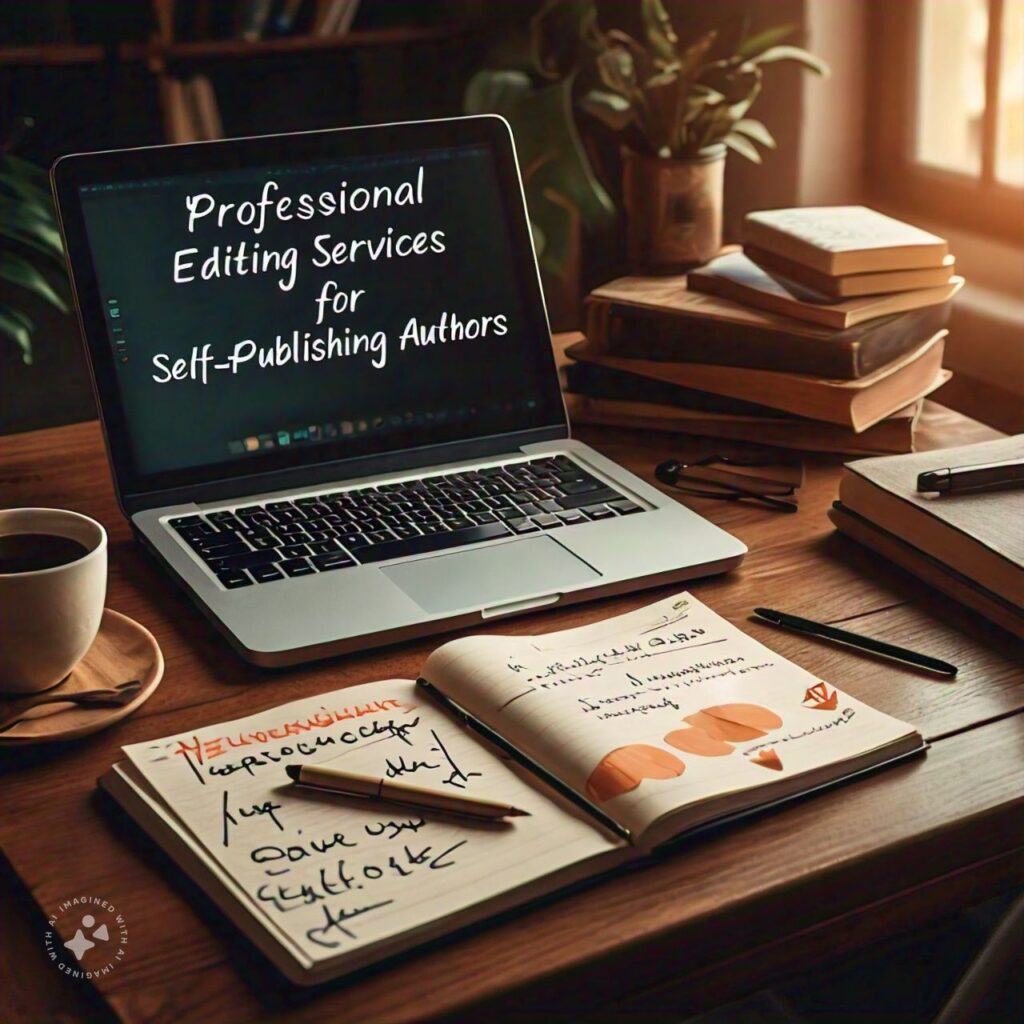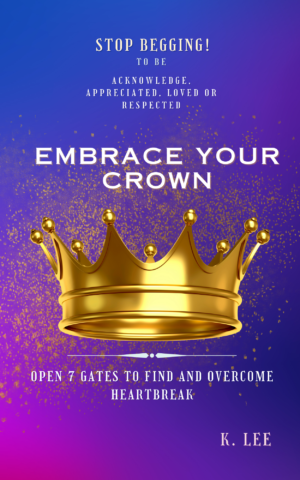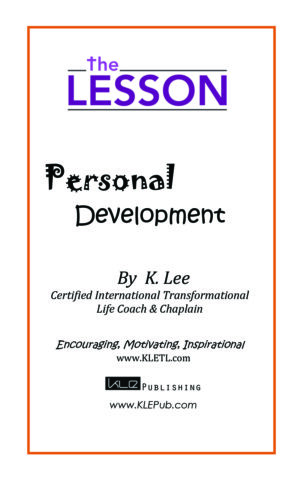
Professional Editing Services for Self-Publishing Authors
- Introduction
- The Rise of Self-Publishing
- Importance of Professional Editing
- What Are Professional Editing Services?
- Definition of Editing Services
- Different Types of Editing
- Why Every Self-Publishing Author Needs Editing
- Enhancing Readability
- Polishing Your Voice
- Building Credibility
- Types of Editing Services for Self-Publishing Authors
- Developmental Editing
- Copy Editing
- Proofreading
- How to Choose the Right Editing Service
- Assessing Your Needs
- Researching Potential Editors
- Evaluating Editor Credentials
- The Editing Process Explained
- Initial Assessment
- Revisions and Feedback
- Final Proofing
- Cost of Professional Editing Services
- Factors Influencing Price
- Average Costs for Different Services
- Budgeting for Editing
- Benefits of Hiring Professional Editors
- Improved Quality of Writing
- Fresh Perspectives
- Increased Marketability
- Common Myths About Editing
- “I Can Edit My Own Work”
- “Editing is Just for Grammar”
- “Professional Editing is Too Expensive”
- Success Stories of Self-Published Authors Who Used Editing Services
- Notable Examples
- Impact of Professional Editing
- Conclusion
- Recap of the Importance of Editing for Self-Publishing Authors
- FAQs
- How long does the editing process take?
- Can I choose which type of editing I need?
- What if I’m not satisfied with the edits?
- How do I prepare my manuscript for editing?
- Are editing services worth the investment?
Professional Editing Services for Self-Publishing Authors
Self-publishing has revolutionized the way writers share their stories. With platforms like Amazon and Kindle Direct Publishing, anyone with a tale to tell can become an author. But here’s the catch: just because you can publish a book doesn’t mean you should skip the vital step of editing. That’s where professional editing services come in, and they can make all the difference in your book’s success.
What Are Professional Editing Services?
Definition of Editing Services
Professional editing services encompass a range of processes designed to enhance the quality of your writing. These services involve skilled editors who review your manuscript for clarity, coherence, and overall quality.
Different Types of Editing
Editing isn’t just about correcting grammar. There are several types of editing, including:
- Developmental Editing: This focuses on the structure, content, and flow of the manuscript, addressing major issues like plot holes or character development.
- Copy Editing: This involves refining the language, ensuring proper grammar, punctuation, and consistency throughout the text.
- Proofreading: The final step, which checks for any remaining errors in grammar, punctuation, and formatting.
Why Every Self-Publishing Author Needs Editing
Enhancing Readability
Let’s be real: readers want a smooth reading experience. Professional editing improves the flow of your writing, making it easier for readers to stay engaged and understand your message.
Polishing Your Voice
Every author has a unique voice, but it can sometimes get lost in the writing process. Editors help to refine your voice while ensuring it remains authentic, creating a polished final product.
Building Credibility
A well-edited book reflects professionalism. Readers are more likely to trust and recommend a book that’s been expertly edited, helping you build a solid reputation as an author.
Types of Editing Services for Self-Publishing Authors
Developmental Editing
Ideal for authors in the early stages, developmental editing dives deep into the manuscript’s structure and content. Editors provide feedback on plot, character development, pacing, and overall coherence.
Copy Editing
Copy editing focuses on language and style. Editors check for grammar, punctuation, and consistency, ensuring your writing is clear and polished.
Proofreading
Proofreading is the final touch, catching any last-minute errors before publication. It’s the last line of defense to ensure your book is error-free and ready to go.
How to Choose the Right Editing Service
Assessing Your Needs
Start by determining what type of editing your manuscript requires. Is it structural help you need, or are you looking for line-by-line polish? Knowing your needs will guide your search.
Researching Potential Editors
Look for editors with experience in your genre. Check their websites, read testimonials, and don’t hesitate to ask for references from previous clients.
Evaluating Editor Credentials
Review their qualifications and experience. A good editor will not only have a strong grasp of grammar but also a good understanding of storytelling and narrative structure.
The Editing Process Explained
Initial Assessment
Once you’ve chosen an editor, they’ll typically start with an initial assessment of your manuscript, identifying areas that need attention.
Revisions and Feedback
After the first round of edits, expect detailed feedback. This is where the magic happens; you’ll collaborate to refine your manuscript further.
Final Proofing
After incorporating feedback, the editor will conduct a final proofread to catch any lingering errors before you hit that publish button.
Cost of Professional Editing Services
Factors Influencing Price
Editing costs can vary widely based on several factors, including the length of your manuscript, the type of editing required, and the editor’s experience level.
Average Costs for Different Services
- Developmental editing can range from $0.05 to $0.10 per word.
- Copy editing typically falls between $0.02 to $0.04 per word.
- Proofreading often costs around $0.01 to $0.03 per word.
Budgeting for Editing
When budgeting for your book, consider setting aside around 10-20% of your total budget for editing. It’s an investment that can significantly improve your book’s quality.
Benefits of Hiring Professional Editors
Improved Quality of Writing
Professional editors bring expertise to the table, enhancing the quality of your writing and helping you produce a book you can be proud of.
Fresh Perspectives
Sometimes, you’re too close to your work to see its flaws. Editors provide fresh perspectives, identifying issues you might not have noticed.
Increased Marketability
A professionally edited book stands out in the crowded self-publishing market. It’s more likely to attract readers and reviews, ultimately leading to greater sales.
Common Myths About Editing
“I Can Edit My Own Work”
While self-editing is a valuable skill, it’s hard to be objective about your own writing. A professional editor provides the critical eye necessary for polishing your work.
“Editing is Just for Grammar”
Editing encompasses much more than grammar. It’s about flow, structure, and ensuring your story is engaging and coherent.
“Professional Editing is Too Expensive”
While editing can be costly, think of it as an investment in your book’s success. The right editing can lead to better sales and a more credible reputation.
Success Stories of Self-Published Authors Who Used Editing Services
Many successful self-published authors credit professional editing as a key factor in their achievements. For instance, authors like Hugh Howey and Amanda Hocking transformed their careers through well-edited works, gaining widespread recognition and sales.
Conclusion
Professional editing services are essential for self-publishing authors. They not only enhance the quality of your writing but also build your credibility and increase your chances of success in the competitive book market. Don’t underestimate the power of a good editor—invest in your book, and you’ll see the difference!
FAQs
1. How long does the editing process take?
The timeline varies depending on the editor’s workload and the complexity of your manuscript. Generally, expect anywhere from a few weeks to a couple of months.
2. Can I choose which type of editing I need?
Absolutely! You should communicate your needs and goals clearly to ensure you receive the right type of editing.
3. What if I’m not satisfied with the edits?
Most editors welcome feedback and revisions. It’s essential to establish a collaborative relationship from the start.
4. How do I prepare my manuscript for editing?
Make sure your manuscript is as polished as possible before sending it to the editor. This includes checking for formatting issues and ensuring it’s in the best shape you can manage.
5. Are editing services worth the investment?
Definitely! The right editing can dramatically improve your book’s quality, leading to better reviews and sales, making it a worthwhile investment.





